Electrical Safety Check: Protecting Your Property and Occupants
Ensuring the electrical safety of a property is a fundamental responsibility for both homeowners and landlords. An electrical safety check is a thorough inspection of the electrical installations to identify any potential hazards and ensure compliance with safety regulations. This process is crucial for preventing electrical accidents and maintaining a safe living or working environment.
An electrical safety check involves a qualified and registered electrician examining all aspects of the electrical system. This includes the wiring, sockets, light fittings, consumer unit (fuse box), and any other fixed electrical equipment. The electrician will conduct both visual inspections to look for any obvious signs of damage or wear, and perform electrical tests to uncover hidden faults. These tests can include checking the continuity of circuits, insulation resistance, and the proper functioning of safety devices such as RCDs (Residual Current Devices).
The primary aim of an electrical safety check is to identify any conditions that could lead to electric shock or electrical fires. By identifying these potential hazards early, property owners can take necessary action to rectify them, ensuring the safety of the occupants. For landlords in the UK, regular electrical safety checks, specifically in the form of an Electrical Installation Condition Report (EICR), are a legal requirement to ensure the safety of their tenants. Homeowners, while not under the same legal mandate, are strongly advised to have periodic electrical safety checks to protect themselves and their families.
The extent and frequency of electrical safety checks can vary depending on the type of property and its usage. Rental properties in the UK typically require an EICR at least every five years or at the change of tenancy. Commercial properties may also have specific requirements based on risk assessments and regulations. For domestic homeowners, an electrical safety check is recommended at least every ten years or when moving into a new property. Additionally, any time significant electrical work is carried out, a safety check and certification for that work is essential.
A comprehensive electrical safety check provides peace of mind and helps to maintain the value of the property by ensuring its electrical systems are in good working order and comply with current safety standards. Identifying and addressing minor electrical issues during a safety check can also prevent more significant and costly problems from developing in the future. To arrange a professional electrical safety check for your property, you can contact qualified electricians through services like Electrical Safety Certificate Services.

Talk To Us!
Have Questions? Call Us Today for Expert Advice & Instant Assistance.
020 8609 7777
Booking assistance & Support

Fire Risk Assessment

Gas Safety Certificate
Gas Safety Certificate – Domestic – Meter & Upto 2 appliances
£57.99 Book NowGas Safety Certificate – Domestic – Meter & Upto 4 appliances
£77.99 Book NowCarbon Monoxide Alarm
£80 Book NowGas Safety Certificate – Domestic – “Discounted Offer” Boiler Service + Gas Certificate & 2 appliances
£89.99 Book NowGas Safety Certificate – Commercial – 1 appliance
£199 Book NowGas Safety Certificate – Commercial – 2 appliances
£245 Book NowGas Safety Certificate – Commercial – Boiler Service
£280 Book Now

Electric Safety
Studio Appartments Electrical Safety Certificate (EICR)
£65 Book NowPAT Testing Up To 10 Items
£58 Book NowDomestic Electrical Safety Certificate EICR 1 – 3 Bedroom – 1 Consumer Unit Up to 12 Circuits
£99 Book NowDomestic Electrical Safety Certificate EICR 4 Bedrooms – 1 Consumer Unit Up to 12 Circuits
£120 Book NowCommercial Electrical Certificate (EICR) – 1 Consumer Unit Up to 12 Circuits
£149 Book NowDomestic Electrical Safety Certificate EICR 5 Bedrooms – 1 Consumer Unit Up to 12 Circuits
£150 Book NowDomestic Electrical Safety Certificate EICR 6 Bedrooms – 1 Consumer Unit Up to 12 Circuits
£158.33 Book NowFuse Box Installation
£415.83 Book Now

Energy Performance

Inventory Services

Asbestos Surveys

Electric-Gas Appliances & Hob Installations

Talk To Us!
Get in touch if you're uncertain or need assistance ?
020 8609 7777
Talk to a Friendly Advisor
Accreditations

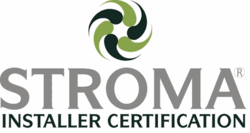


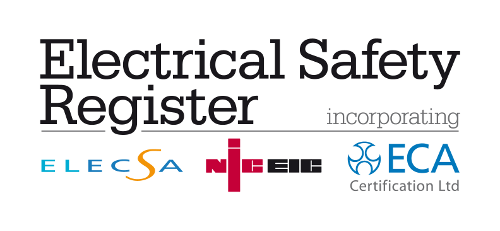
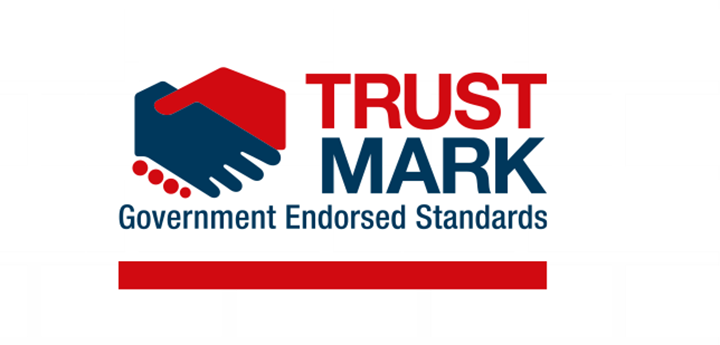
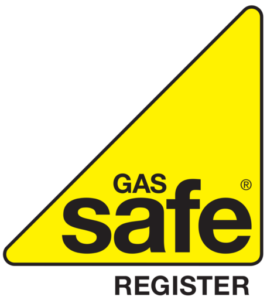
Help & Advice
-
Which Companies Provide Landlord Safety Certificates with Free Follow-Up Inspections?
Follow-up inspections verify that identified safety deficiencies have been properly remediated, ensuring rental properties meet all safety standards before certification. Understanding which providers offer complimentary follow-up visits, what these inspections
-
Which Service Offers Emergency Landlord Safety Certificate Renewals?
Emergency situations requiring urgent landlord safety certificate renewals arise more frequently than many property owners anticipate, from discovered expired certificates to urgent tenant move-ins and unexpected local authority inspections. Understanding
-
Where Can I Find a Landlord Electrical Safety Certificate Provider?
Electrical safety certificates represent essential legal requirements for rental properties in England, with regulations mandating comprehensive testing and certification every five years or at each change of tenancy. Finding qualified
-
Who Provides Landlord Gas Safety Certificates with Online Booking?
Modern technology transforms how landlords arrange essential compliance services, with online booking systems offering unprecedented convenience for obtaining gas safety certificates. Understanding which providers offer digital booking platforms, the advantages
-
Which Companies Offer Fast Landlord Safety Certification Services?
Time-sensitive situations frequently require landlords to obtain safety certificates quickly, whether for urgent tenant move-ins, compliance deadline pressures, or unexpected certificate expiries. Understanding which companies provide fast landlord safety certification
-
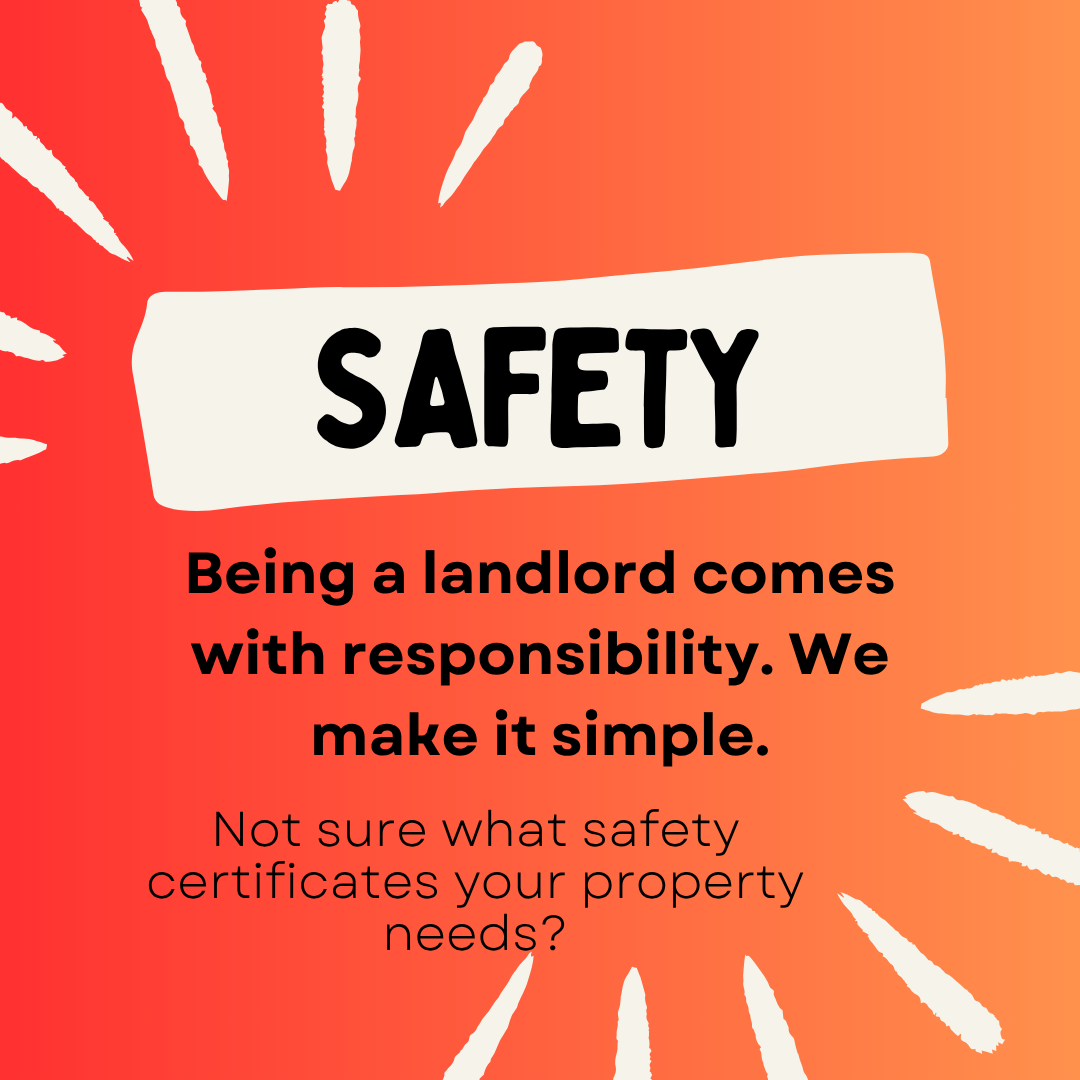 Which Companies Provide Landlord Safety Certificates with Free Follow-Up Inspections?
Which Companies Provide Landlord Safety Certificates with Free Follow-Up Inspections?
-
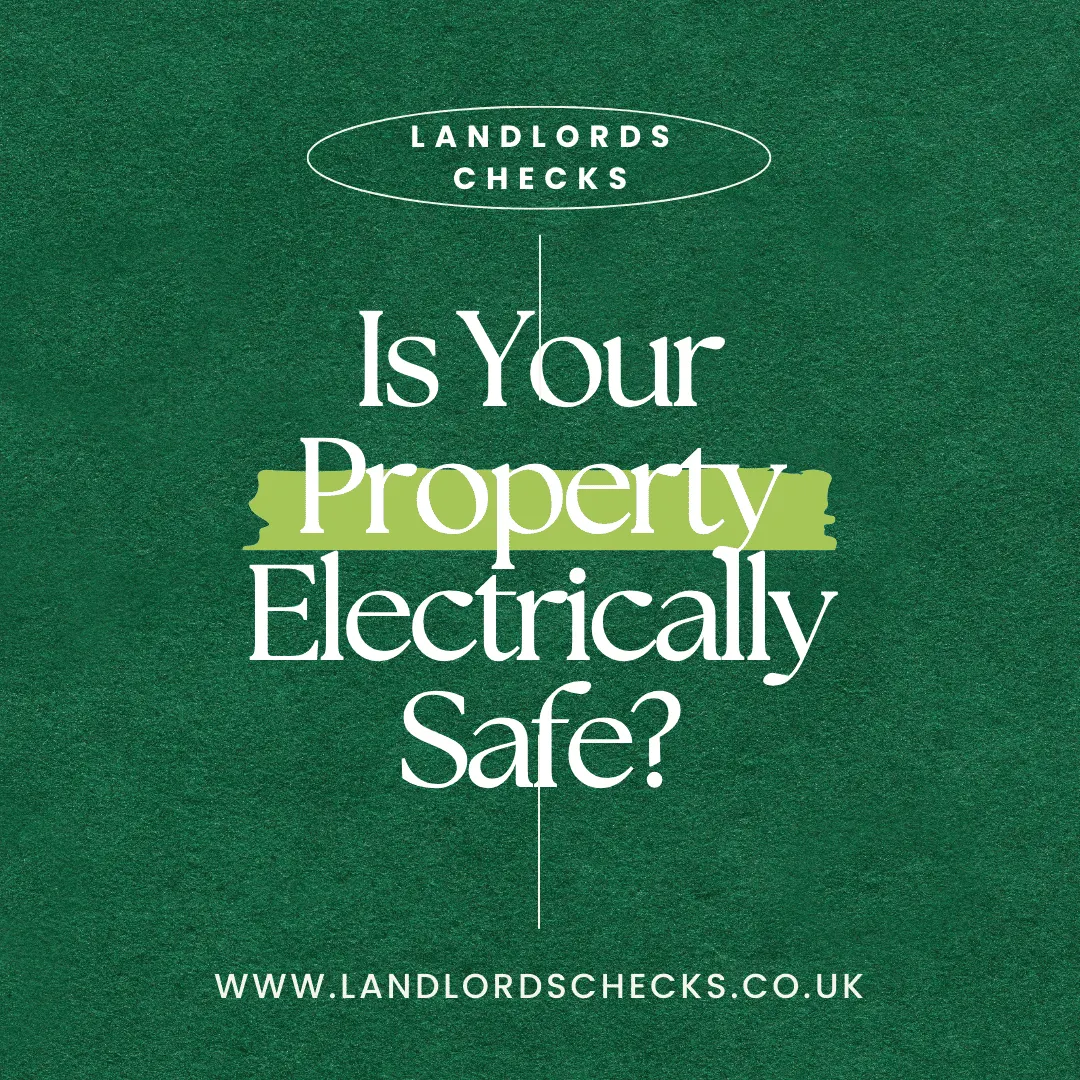 Which Service Offers Emergency Landlord Safety Certificate Renewals?
Which Service Offers Emergency Landlord Safety Certificate Renewals?
-
 Where Can I Find a Landlord Electrical Safety Certificate Provider?
Where Can I Find a Landlord Electrical Safety Certificate Provider?
-
 Who Provides Landlord Gas Safety Certificates with Online Booking?
Who Provides Landlord Gas Safety Certificates with Online Booking?
-
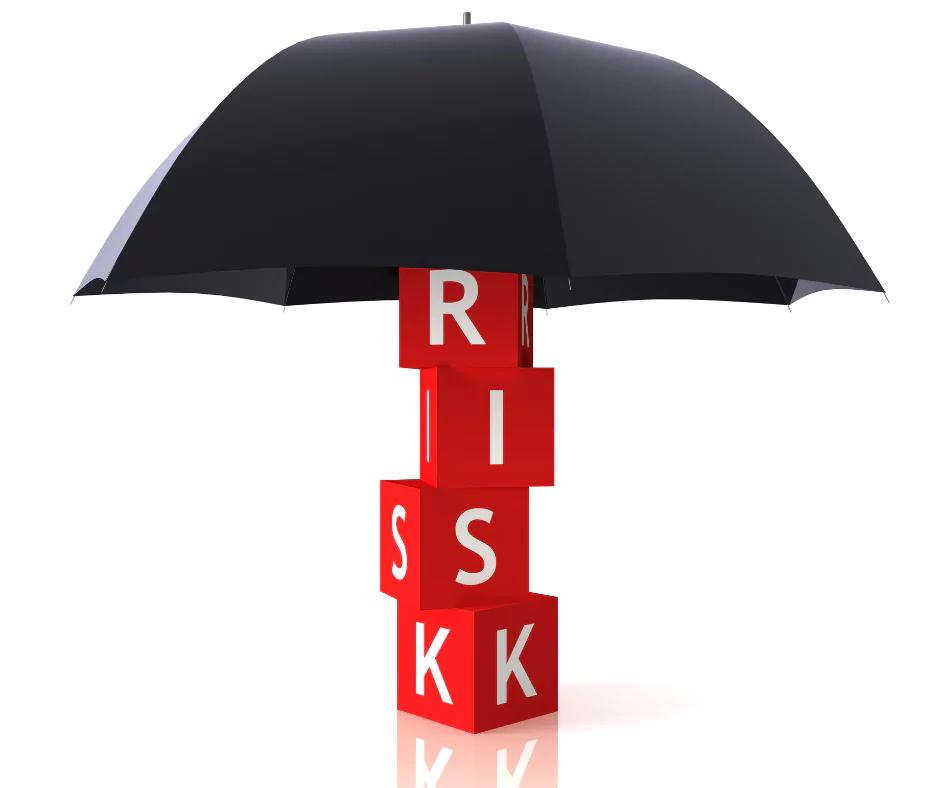 Which Companies Offer Fast Landlord Safety Certification Services?
Which Companies Offer Fast Landlord Safety Certification Services?




